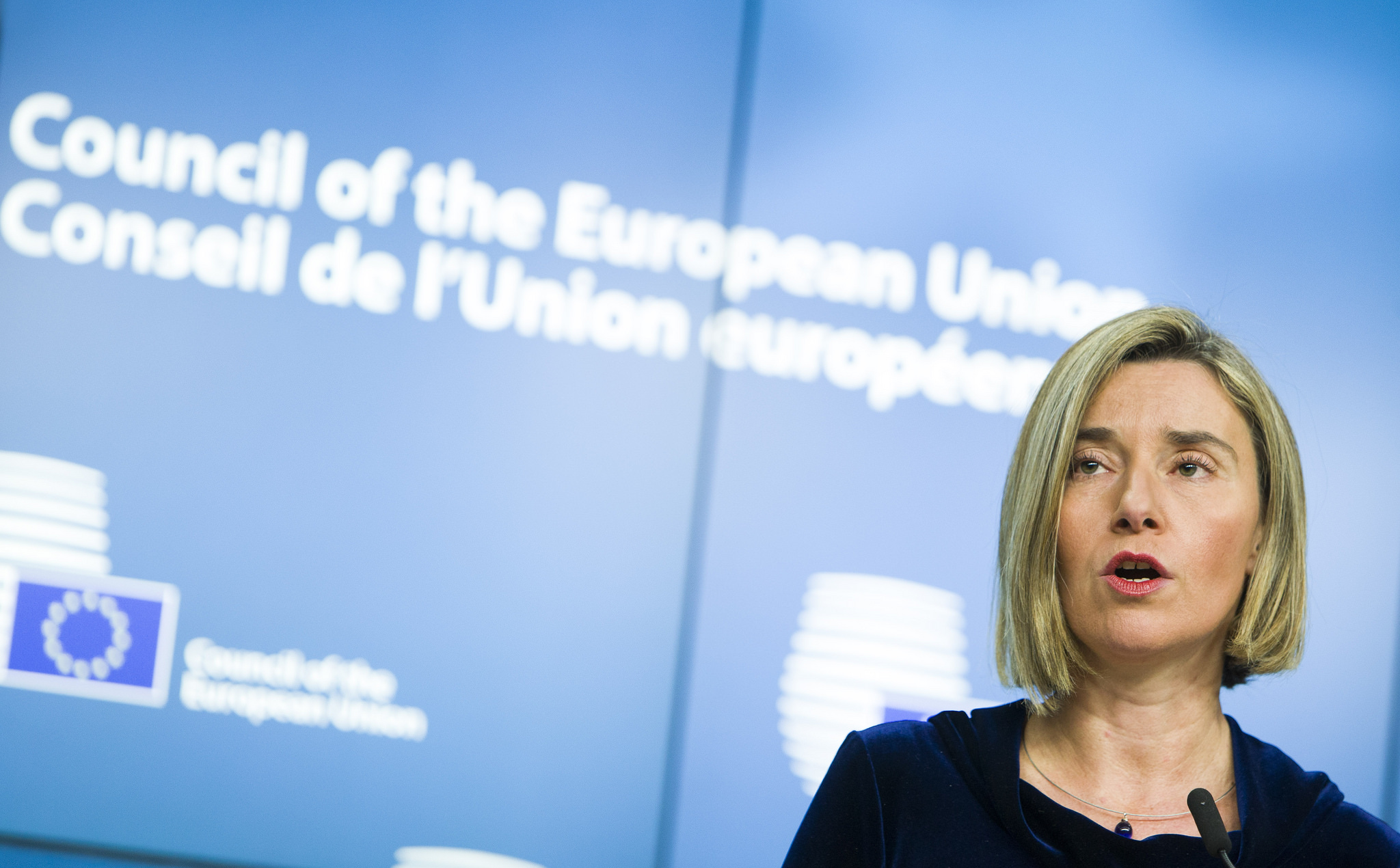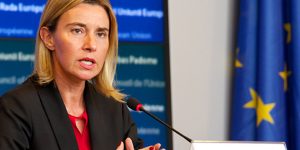This opinion piece by Federica Mogherini, EU High Representative for Foreign Affairs and Security policy/Vice President of the European Commission, was originally published in Dnevni avaz, Večernji list and EuroBlic on 2 March 2017.
Leading the Western Balkans inside the European Union: this is a task for our political generation, not for the next one. The Balkans are part of Europe and have always been: no political boundary can change this geographic, historic and cultural reality. The people of the Balkans are European: they deserve the same opportunities, the same safeguards and rights as all other citizens of this continent. The European Union will not be complete as long as this region at the heart of Europe is not united, as part of our community.
Over the past year, each of the “Western Balkans Six” and the European Union have become closer to one another. Many of our common successes were unthinkable just a few years ago.
Bosnia and Herzegovina took advantage of the new EU initiative: it has taken forward the key reforms and applied for EU membership, breaking a stalemate hindering the country’s progress on the path towards European integration.
Two decades after the last wars, the region is more stable and democratic than ever before.
Yet regional stability and growth are still fragile achievements. Political disputes have often prevailed on the pursuit of the citizens’ interests. The promise of better living conditions has not always been followed by real and perceivable progress. A complex international environment – with new challenges arising, a slow economic recovery and a shifting global balance of power – has put even more pressure on a fragile region. At times, we had the impression that peace itself could not be taken for granted.
We all share an interest in making peace in the Western Balkans irreversible, as well as social, economic and democratic progress. If this happens, progress towards the membership of the European Union will be irreversible too. This is essential for the European Union, as much as for the citizens and the leaders of the Western Balkans.
To contribute to these goals, the EU and its Member States need to constantly engage with all the capitals of the region. For this reason, this week I am visiting the entire Western Balkans, meeting leaders and citizens in Podgorica, Sarajevo, Skopje, Belgrade, Tirana and Pristina.
I have wanted this trip to stop off in all six cities, and be truly “regional.” Each of the Western Balkans Six has its own identity, challenges and aspirations. But it is also clear that cooperation, dialogue and reconciliation have a positive impact both on the citizens’ daily lives and on the path towards membership of the European Union in the entire region.
Overcoming the legacy of the past is particularly painful in Bosnia and Herzegovina, hence the efforts of all must be unwavering.
In the coming days I will visit universities, and listen to the frustrations and hopes of the Balkans’ youth: their vision is essential to shape the country’s present and future, free from the prejudices and the animosities of the past. I will meet all governments and I will address national Parliaments, where I still haven’t had the opportunity to do so: that is the centre of each democracy, where policy makers must show responsibility and deliver on their citizens’ needs.
Because this is what our common work is all about. The reforms at stake in each country matter not because the governments or the European Union want them, but because they can make a real difference to so many people in this region.
A cooperative dynamic inside Bosnia and Herzegovina will be essential not just to advance the application process, but to make the country capable of delivering on its citizens’ needs.
Pushing forward these reforms is the task of our generation. If we want to deliver visible and tangible results for our citizens, improve people’s lives, we must strengthen our cooperation today, not tomorrow. And this is our own responsibility, all across Europe, both inside the European Union and in the Western Balkans.




